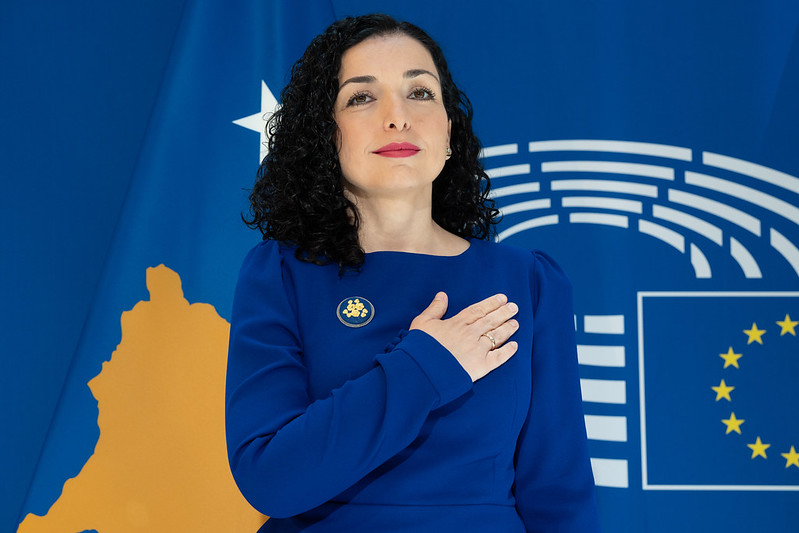A Kosovo-Albanian policeman and three heavily armed Serbs were killed in a daylong battle centered on a Christian Orthodox monastery near Banjska village in North Kosovo, last week.
Following intense confrontations between Kosovo police and Kosovo Serb militants on September 24, and subsequent movements of Serbian and NATO forces, the EU-mediated and US-endorsed Kosovo-Serbia Dialogue has ground to a halt.
Kosovo’s Prime Minister, Albin Kurti, has urged other countries to adopt a tougher stance against Serbia. His statement followed an assault by over 30 heavily-armed Serb paramilitary forces in late September, marking one of the gravest incidents in the young nation for years. “They deny because they are playing with Putin’s playbook in Donbas. Little green men in northern part of Kosova. Not that little, but green men for sure, who wanted to start a war and divide Kosova,” he commented.
While Serbia’s recent military actions near the Kosovo border don’t suggest an impending invasion, the heightened tensions jeopardize the EU’s reconciliation agenda and escalate the possibility of future conflicts in northern Kosovo.
By October 3, the White House’s National Security Council Spokesman, John Kirby, acknowledged that Serbian forces began their withdrawal from the Kosovo border. This acknowledgement followed Kirby’s earlier statement on September 29 about the “unprecedented” stationing of Serbian troops near the boundary and NATO’s commitment to reinforce peacekeepers in northern Kosovo. Responding to external pressures, Serbian representatives later confirmed the reduction of their border troops from 8,350 to 4,500.
Startling evidence from Kosovo accuses the Serbian president of prior knowledge about a pre-planned attack which led to the death of a police officer, further exacerbating the Balkan nations’ relations.
In a harrowing incident, roughly 30 armed individuals targeted police in Banjska, a Serb-majority village in northern Kosovo, later attacking an Orthodox monastery, resulting in one police officer’s death and injuries to two others. Kosovo authorities seized multiple vehicles and a considerable arsenal of weapons, which many suspect came from Belgrade.
Analysts believe this might be Serbia’s calculated move, with Russian backing, to incite unrest in northern Kosovo. The intention behind such a rebellion could be to pave the way for Serbian military intervention, framing it as safeguarding Serbian minorities and preserving their cultural and religious heritage.
International observers are increasingly wary of a situation in Kosovo mirroring Russia’s strategy in Ukraine. Vucic, having previously emphasized Serbia’s commitment to its minorities in northern Kosovo, echoes Putin’s rationale for defending Russians in eastern Ukraine before the 2022 invasion.
Kosovo’s President Vjosa Osmani flatly refused to meet with Serbian President Aleksandar Vučić at a summit on Thursday, instead calling for the EU to first sanction Vučić.
“There’s no reason to meet before sanctions are adopted towards Vučić. Sanctions first, and then we can talk about the rest,” Osmani told reporters ahead of a meeting of leaders for the European Political Community in Granada.
The Biden administration has voiced apprehensions regarding Serbia’s recent actions. Regional experts largely agree that the Serbian leadership knew about the meticulously executed plan.
“That attack was well coordinated and planned,” Kirby noted on Friday. “This is not the kind of an attack that’s carried out randomly or ad hoc or by some small group.”
